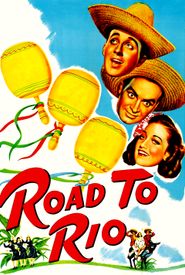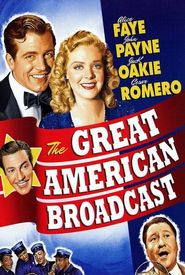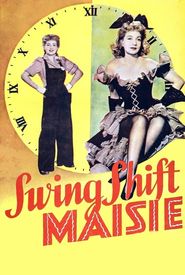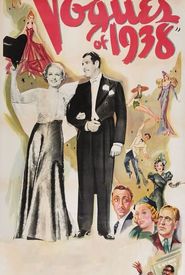Sylvester Wiere, a renowned individual, was born in the vibrant city of Prague, Czechoslovakia, in the year 1910, to a family steeped in a long-standing tradition of show business. He was the youngest of three brothers, with Herbert Wiere and Harry Wiere being his older siblings, who would later join him in his professional pursuits.
At the tender age of twelve, in the year 1922, Sylvester, along with his brothers, took a significant step by forming the Wiere Brothers comedy act. This marked the beginning of their illustrious career, which would span several decades, filled with numerous performances in various theatres and stages across the country.
Noted entertainment duo, the Wiere Brothers, distinguished themselves through their multifaceted talents, effortlessly exceling in various artistic pursuits. With a remarkable aptitude for playing a diverse range of instruments, they also showcased their vocal prowess, dancing skills, and impressive acrobatic abilities, all while maintaining a high level of comedic flair.
Their act, a mainstay on the theatre and nightclub circuit, commanded attention and garnered widespread acclaim. In addition to their live performances, they also made notable appearances in films, marking their cinematic debut in the 1937 movie "Vogues of 1938". This milestone was followed by a series of film appearances throughout the 1940s, each showcasing their unique blend of music, dance, and humor.
One of their most memorable film appearances was in the 1947 movie "Road to Rio", starring the legendary duo of Bob Hope and Bing Crosby. In this notable production, the Wiere Brothers' dancing and music routine took center stage, leaving a lasting impression on audiences and cementing their status as versatile and entertaining performers.
The Wiere Brothers' professional endeavors extended far beyond their impressive filmography, as they also made significant contributions to the world of television. One of their most notable achievements was the creation of their own television series, "Oh! Those Bells", which premiered on CBS during the summer of 1962. This innovative program was initially guided by the skilled direction of Jules White, a renowned filmmaker with a rich history of working with the iconic "Three Stooges". Although "Oh! Those Bells" ultimately failed to secure a renewal for its initial season, the Wiere Brothers remained a staple of the entertainment industry, continuing to delight audiences with their performances in nightclubs and on television throughout the 1950s and 1960s.
Sylvester Wiere, a renowned entertainer, earned a reputation for his death-defying acrobatic stunts, consistently pushing the boundaries of human physicality, leaving spectators in a state of utter bewilderment and admiration.
Beyond his impressive aerial feats, Sylvester also showcased his remarkable comedic talents, cultivating a distinctive style that distinguished him from his siblings. In fact, many aficionados of the trio consider Sylvester to be the most sidesplittingly humorous of the three brothers, each possessing a unique comedic persona that added to the overall richness and diversity of their collective comedic offerings.
The Wiere Brothers' television appearances were not confined to their own series, as they consistently made appearances on various popular shows, demonstrating their impressive comedic talents to a broader audience. One of their most memorable routines was showcased on the iconic "Rowan & Martin's Laugh-In," where the brothers displayed their versatility and wit. This particular segment featured Herbert performing a clever gesture, flipping his derby hat over Harry, which landed precariously on Sylvester's chin, leaving the audience in stitches. Additionally, the brothers also showcased their impressive acrobatic skills in another routine, with Sylvester astonishingly balancing a bass fiddle on his chin, a feat that showcased his impressive agility and coordination.
Sylvester Wiere's life was tragically cut short when he succumbed to a heart attack in July 1970, leaving his loved ones and fans in a state of shock and devastation.
Following his untimely passing, his brothers, Harry and Herbert, made the difficult decision to scale back their professional endeavors, transitioning into semi-retirement.
Although they no longer worked at the same frenetic pace, they did continue to dabble in the entertainment industry, making occasional appearances on television and stage.
Tragically, Harry Wiere's own life came to an end in January 1992, leaving behind a legacy of memories and a family still reeling from the loss.
Herbert Wiere, the last of the trio, eventually retired in 1996, and sadly, he too passed away just three years later, leaving behind a void that could never be filled.
























